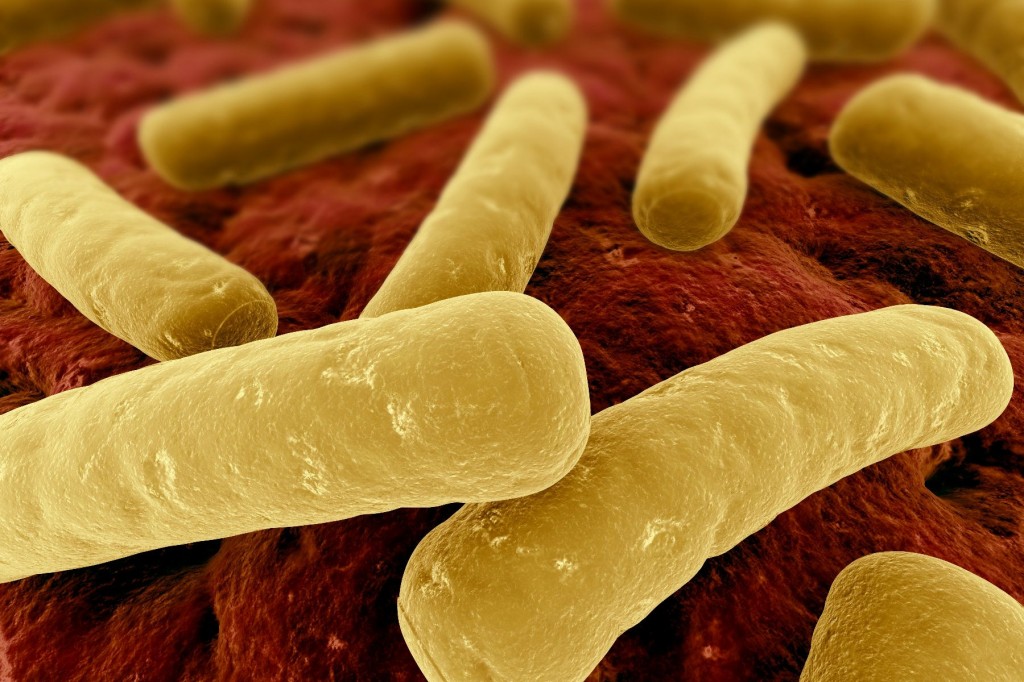C. Difficile Causes, Symptoms, Diagnosis and Treatment

What Is C. Difficile?
Clostridium difficile, often called C. difficile or C. diff, is a bacterium that can cause symptoms ranging from diarrhea to life-threatening inflammation of the colon.
As the bacteria overgrow in the human digestive tract they release toxins that attack the lining of the intestines, causing a condition called Clostridium difficile colitis.
Illness from C. difficile most commonly affects older adults in hospitals or in long-term care facilities and typically occurs after use of antibiotic medications.
Complications of C. difficile infections may include:
- Dehydration.
Severe diarrhea can lead to a significant loss of fluids and electrolytes. This can cause blood pressure to drop to dangerously low levels. - Kidney failure.
In some cases, dehydration can occur so quickly that kidney function rapidly deteriorates (kidney failure). - Toxic megacolon.
In this condition, the colon is unable to expel gas and stool, causing it to become greatly distended (megacolon).
Left untreated, the colon can rupture, causing bacteria from the colon to enter the abdominal cavity. - A hole in the large intestine (bowel perforation).
This results from extensive damage to the lining of the large intestine.
A perforated bowel can spill bacteria from the intestine into the abdominal cavity, leading to a life-threatening infection (peritonitis). - Death.
Causes Of C. Difficile:
C. difficile bacteria are found throughout the environment — in soil, air, water, human and animal feces, and food products, such as processed meats. A small number of healthy people naturally carry the bacteria in their large intestine and don’t have ill effects from the infection.
C. difficile bacteria are passed in feces and spread to food, surfaces and objects when people who are infected don’t wash their hands thoroughly.
Once established, C. difficile can produce toxins that attack the lining of the intestine.
Although C. diff occasionally causes problems in healthy people, it is most likely to affect patients in hospitals or long-term care facilities.
Other risk factors for C. diff infection include:
- Surgery of the gastrointestinal (GI) tract
- Diseases of the colon such as inflammatory bowel disease or colorectal cancer
- A weakened immune system
- Use of chemotherapy drugs
- Previous C. diff infection
- Advanced age — 65 or older
- Kidney disease
- Use of drugs called proton-pump inhibitors, which lessen stomach acid
Symptoms Of C. Difficile:
The following symptoms are exhibited:
- Watery diarrhea 10 to 15 times a day
- Abdominal cramping and pain, which may be severe
- Fever
- Blood or pus in the stool
- Nausea
- Dehydration
- Loss of appetite
- Weight loss
- Swollen abdomen
- Kidney failure
- Increased white blood cell count
Diagnosis Of C. Difficile:
The following diagnostic tests help confirm the diagnoses:
- Stool tests
Enzyme immunoassay.
Polymerase chain reaction.
Cell cytotoxicity assay. - Colon examination
- Imaging tests
CT scan
X-rays
Treatment Of C. Difficile:
The following treatment options are available:
- Antibiotics
metronidazole (Flagyl)
Vancocin
fidaxomicin (Dificid), - Surgery.
By : Natural Health News




